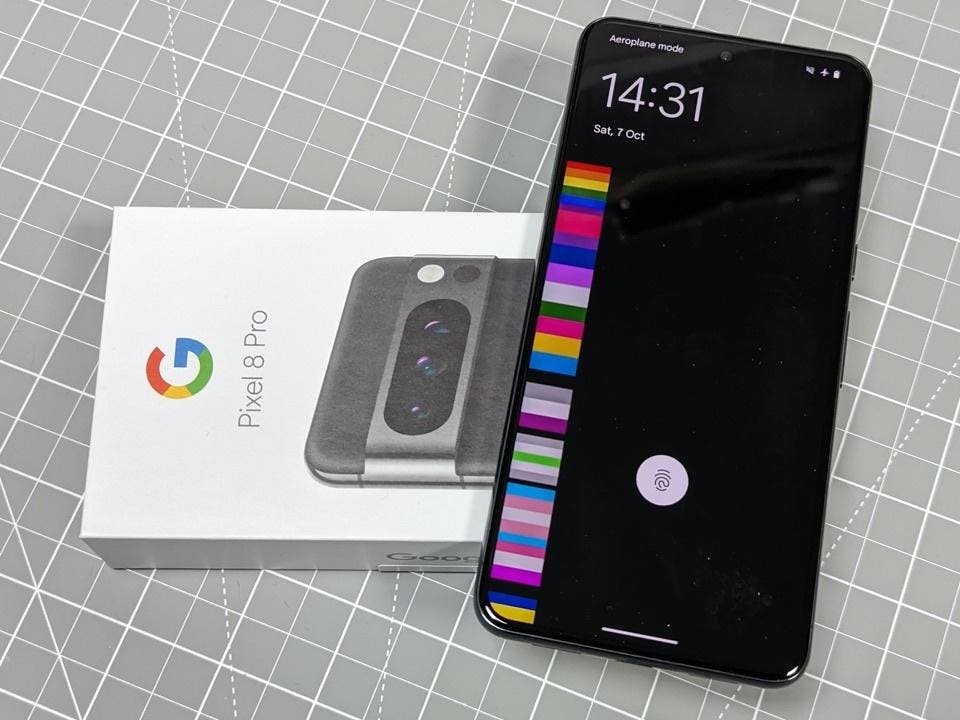In the race for dominance in the AI smartphone market, three major players are Apple with the iPhone 16 Pro, Samsung with the Galaxy Z Fold6, and Google with the Pixel 9 Pro. Each company is taking a different approach to incorporating generative artificial intelligence into their smartphones. Google was the first to launch an AI-powered smartphone with the Pixel 8 and Pixel 8 Pro in October 2023, but has not yet achieved the market share of Apple and Samsung. However, Google’s focus on AI is changing the conversation on what a smartphone should be capable of.
With the upcoming launch of the Pixel 9 series in August, Google is expected to make a course correction to further enhance AI on smartphones. The company aims to introduce new tools into Android at the OS level and stay at the forefront of AI development and adoption. On the other hand, Samsung has already taken the lead in AI smartphone sales with the success of the Galaxy S24 family and the launch of Galaxy AI alongside the Galaxy S24 handsets in January 2024. Samsung continues to promote its AI advancements and will soon introduce the Galaxy Z Fold6 and Z Flip6.
As for Apple, the company has historically incorporated AI and machine learning routines into iOS, but has been slower to adopt generative AI and large language modules. The upcoming iPhone 16 family, set to launch in September, is expected to introduce some AI features, but the majority of the new software will not be available until the first quarter of 2025. Apple’s walled garden ecosystem may give it an advantage with a captive audience, but it also means that iPhone users will not have the full AI smartphone package until well after their competitors.
Each company’s approach to AI in smartphones showcases different strengths and weaknesses. Google can influence the direction of Android and benefit from its AI advancements, while Samsung currently holds the lead in AI smartphone sales and is making strategic moves with upcoming product launches. Apple, with its loyal consumer base, may have a delayed rollout of AI features but ultimately has a captive market. The competition between these tech giants will ultimately benefit consumers, as the innovation and advancements in AI technology continue to evolve.
In the ever-changing landscape of AI smartphone technology, consumers have the opportunity to experience different approaches from Apple, Samsung, and Google. The winner in this race for dominance in the AI smartphone market will ultimately be the public, as they benefit from the technological advancements driven by intense competition between these major players. It may take years to determine which manufacturer made the right calls, but for now, consumers can expect continued innovation and improvements in AI technology across all smartphone platforms.












